Publications
Articles, publications, books, tools and multimedia features from the U.S. Institute of Peace provide the latest news, analysis, research findings, practitioner guides and reports, all related to the conflict zones and issues that are at the center of the Institute’s work to prevent and reduce violent conflict.
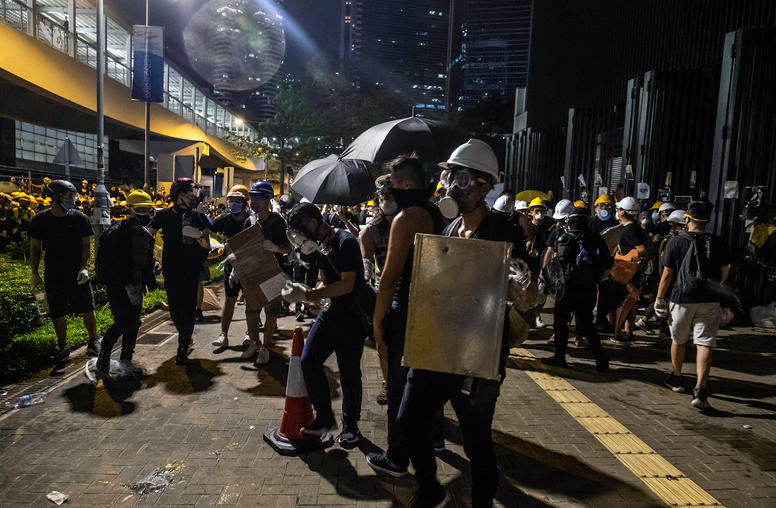
Hong Kong’s Turn to Violence Divides the Movement
The weeks of peaceful protests by millions of Hong Kong residents opposed to the erosion of their civil liberties turned violent Monday. After days of aggressive police crackdowns that injured protesters and drew criticism from international human rights groups, hundreds of protesters bashed through doors into the city’s legislature yesterday. USIP specialists discuss the escalation of the conflict between residents and the city’s authorities—and the implications for one of the territory’s largest protest movements since Britain handed it over to Chinese control two decades ago.
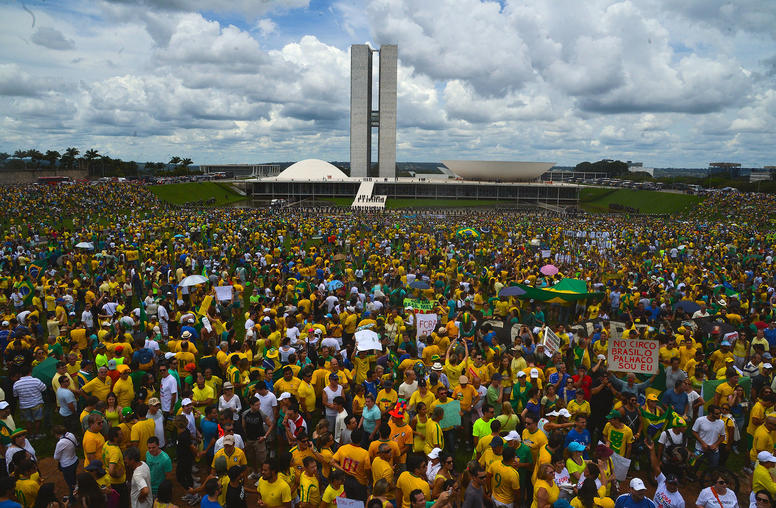
Five Things You Need to Know About Foreign Funding for Social Movements
From Kenya to Ukraine to Guatemala, citizen-led campaigns are fighting against corruption and demanding government accountability and transparency. Government donors and private foundation have increasingly supported such efforts. But, how does foreign funding impact the goals social movements seek to achieve and the tactics they use to get there? How does foreign funding impact a social movement’s ability to mobilize the masses? And what should external funders consider when supporting social movements? USIP’s Davin O’Regan discusses the finding of a forthcoming USIP Peaceworks examining the impact of external support to social movements focused on transparency and accountability.

Maria Stephan on Today’s Nonviolent Movements
In the last two months, dictators in Sudan and Algeria were forced to step down because of popular pressure, demonstrating the power of nonviolent resistance to movements in places like Nicaragua and Venezuela. “When large numbers of people engage in various forms of noncooperation … that is where the real power of nonviolent resistance comes from,” says Maria Stephan.
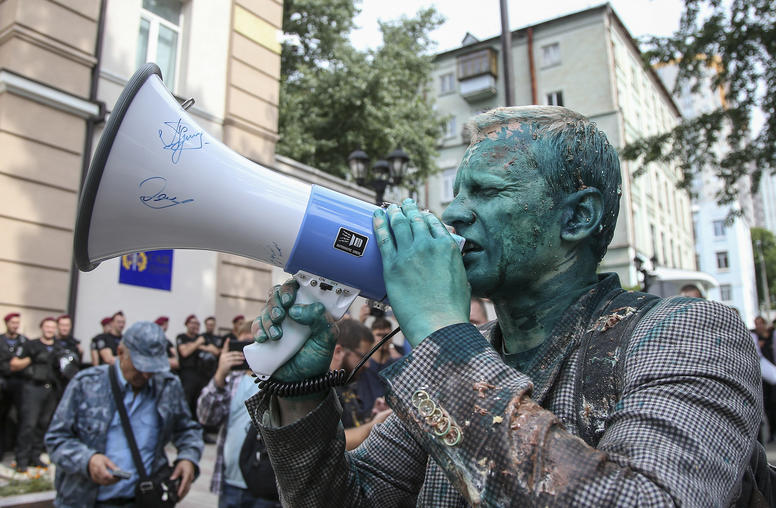
Ukrainian Activism for Transparency and Accountability: Two Steps Forward, One Step Back
In the wake of the Euromaidan protests that toppled the government of Viktor Yanukovych in 2014, Ukrainian activists and civil society organizations have pressed hard for anti-corruption reforms and greater openness and transparency in the public sector. Five years later, however, corruption remains a fixture of civic life—and a majority of Ukrainians believe the fight against corruption has been a failure. This new report reviews the changes that have taken place in the anti-corruption movement since the Euromaidan and identifies practical actions the international community can take to support reform efforts in Ukraine.
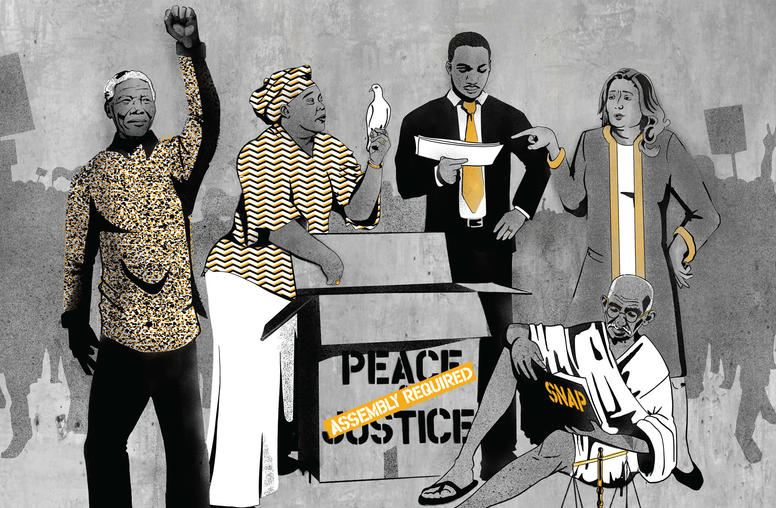
SNAP: Synergizing Nonviolent Action and Peacebuilding
This action guide seeks to build bridges between peacebuilding and nonviolent action practitioners so that methods are used strategically and effectively on the path toward conflict transformation. It shows how dialogue, direct-action skills, and approaches can be synergized to advance justice and sustainable peace. This guide is for trainers, facilitators, and other practitioners serving the many organizers, activists, mediators, negotiators, and peacebuilders who want to learn more about how to integrate nonviolent action and peacebuilding strategies in their work.
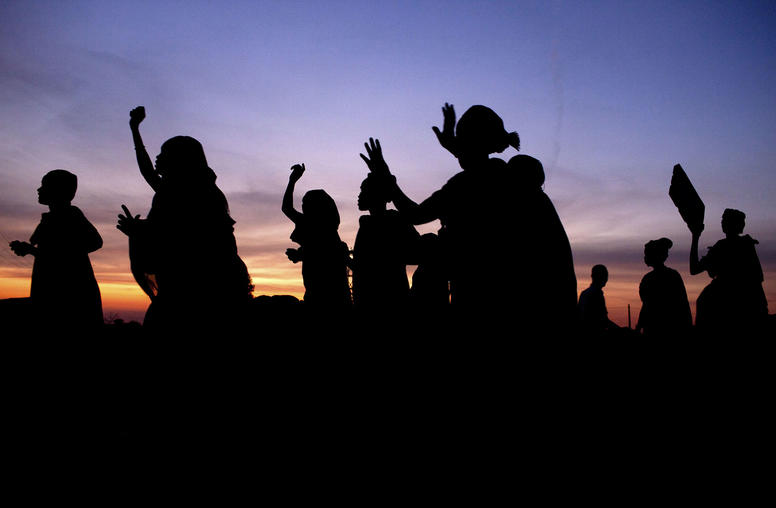
After Bashir, A New Dawn in Sudan? (Part 2)
Longtime Sudanese dictator Omar al-Bashir was ousted last Thursday, 30 years after he took power in the same fashion he was overthrown: by a military coup. The military takeover was spurred by months of popular protests over rising food prices, economic mismanagement and demands for a...
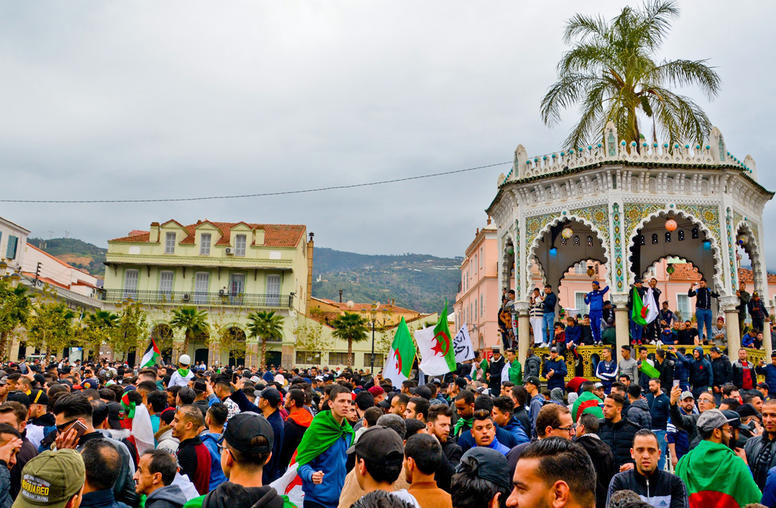
Will Algeria’s Protests Lead to Change and a Second Arab Spring?
In response to nationwide protests, Algerian President Abdelaziz Bouteflika announced he would not seek a fifth term to extend his 20-year rule. Bouteflika’s decision was greeted with celebration by the protesters, who saw it as the first victory in a potential democratic revolution. However, the upcoming presidential elections have been delayed, effectively allowing Bouteflika and a small group of ruling elites to govern indefinitely. What follows for Algeria is an uncertain period, one that echoes the “Arab Spring” that swept through the region in 2011. USIP’s Thomas Hill discusses Algeria’s future and the possibility of a second “Arab Spring” on the horizon.
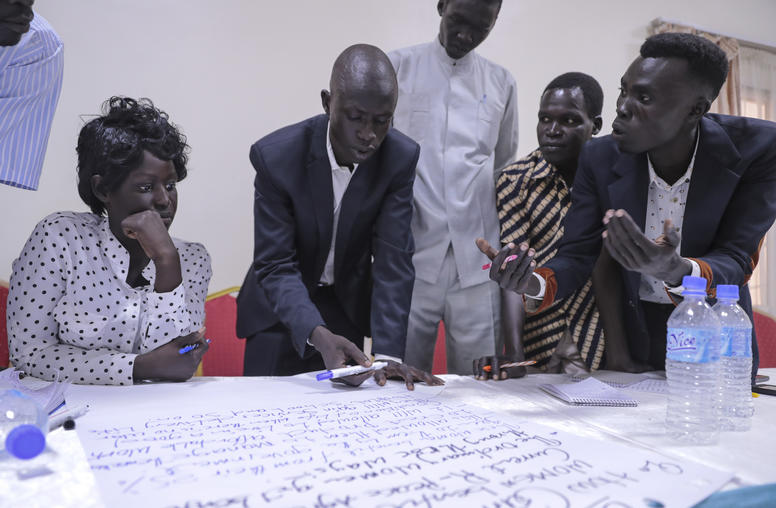
In South Sudan, Nonviolent Action is Essential to Building Peace
On September 12 of last year, South Sudan’s president, Salva Kiir, signed the Revitalized Agreement on the Resolution of Conflict in South Sudan (R-ARCSS) with South Sudan People Liberation Movement in Opposition chairman Dr. Riek Machar and several other armed groups. Meanwhile, South Sudanese civil society has sought to further advance the country’s peace process through coordinated, strategic nonviolent actions and campaigns.
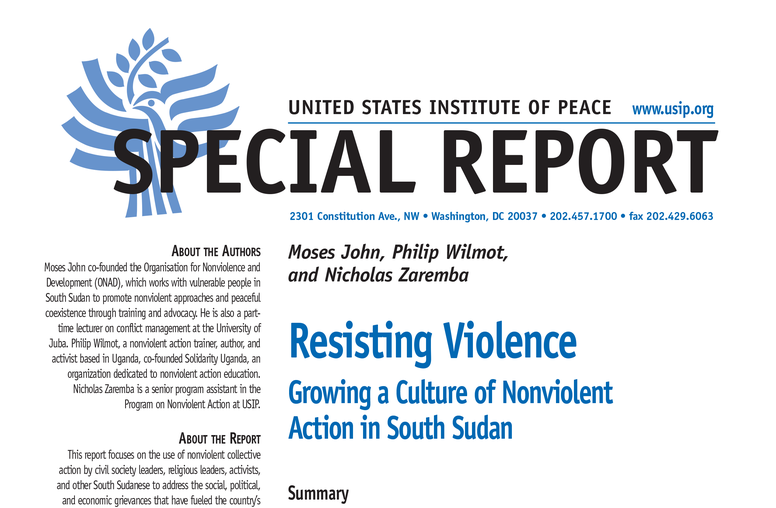
Resisting Violence: Growing a Culture of Nonviolent Action in South Sudan
Since the outbreak of civil war in December 2013, South Sudan has endured one of the worst humanitarian crises in modern times. Still, amid the constant threat of war-related violence and economic hardship, South Sudanese activists are managing to launch and sustain nonviolent movements to address the social, political, and economic grievances that have fueled the country’s ongoing conflicts.
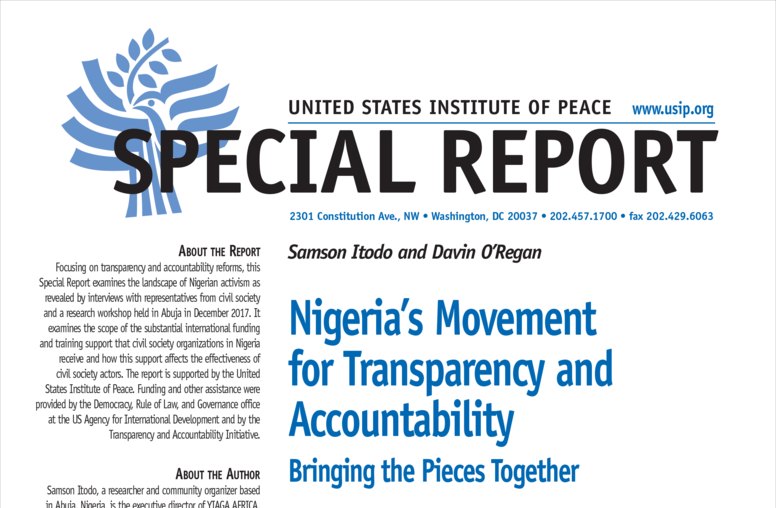
Nigeria’s Movement for Transparency and Accountability
Since the demise of its military dictatorship in the late 1990s, Nigeria has made remarkable democratic progress. Still, widespread corruption bedevils the country—which in many respects presents its biggest policy challenge and its biggest threat to stability and development. Drawing on a workshop held in Abuja as well as on...